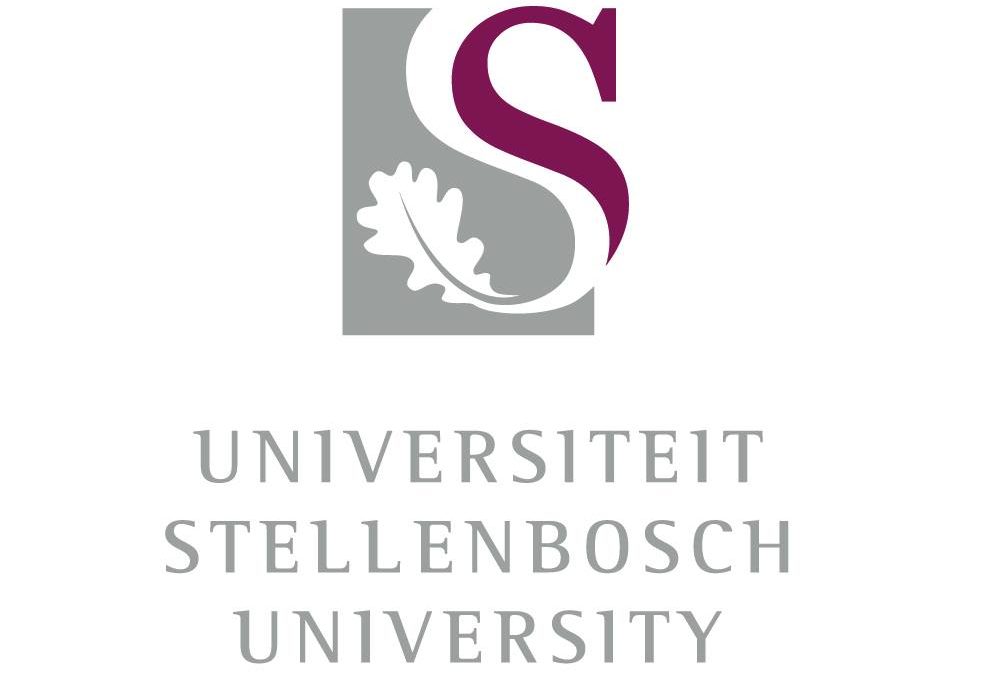AfriForum described the request by the Academic Planning Committee University of Stellenbosch (US) Senate that all new courses at the university should be presented in English only as yet another example of how COVID-19 is used to justify human rights violations.
According to this committee, the Covid-19 pandemic and the consequent offering of distance education, learning and assessment put tremendous pressure on lecturers. Monolingual English education will consequently ease this pressure. The committee does not seem to care much whether this will increase the pressure on Afrikaans-speaking students, however.
According to Alana Bailey, AfriForum’s Head of Cultural Affairs, the request is one more event this week that illustrates SU’s lack of commitment to multilingualism and more specifically to Afrikaans. AfriForum therefore attaches little value to the university’s assurance in the media that the possible acceptance of this proposal “will only be a temporary arrangement in the first semester”.
“SU has a large and extremely competent language centre that can aid lecturers who experience problems. Distance education also results in savings, which means that the range of services may even be expanded – if the need is truly that great. Furthermore, we live in a time where technical developments are constantly improving and facilitating the offering of multilingual services. The fact that monolingual education is now suddenly being presented as the only solution by those who drafted the proposal, indicates a lack of commitment to service delivery to a significant part of the student community, a lack of creative thought and adaptability, but above all, a disregard for the human rights of all involved,” Bailey states.
“The Senate’s decision in response to this request will be an indication of SU’s future commitment to Afrikaans and multilingualism. In addition, the university’s new language policy that is in the pipeline will prove the extent to which the management’s commitments to the promotion of Afrikaans students’ language rights are lip service or not,” Bailey adds.


